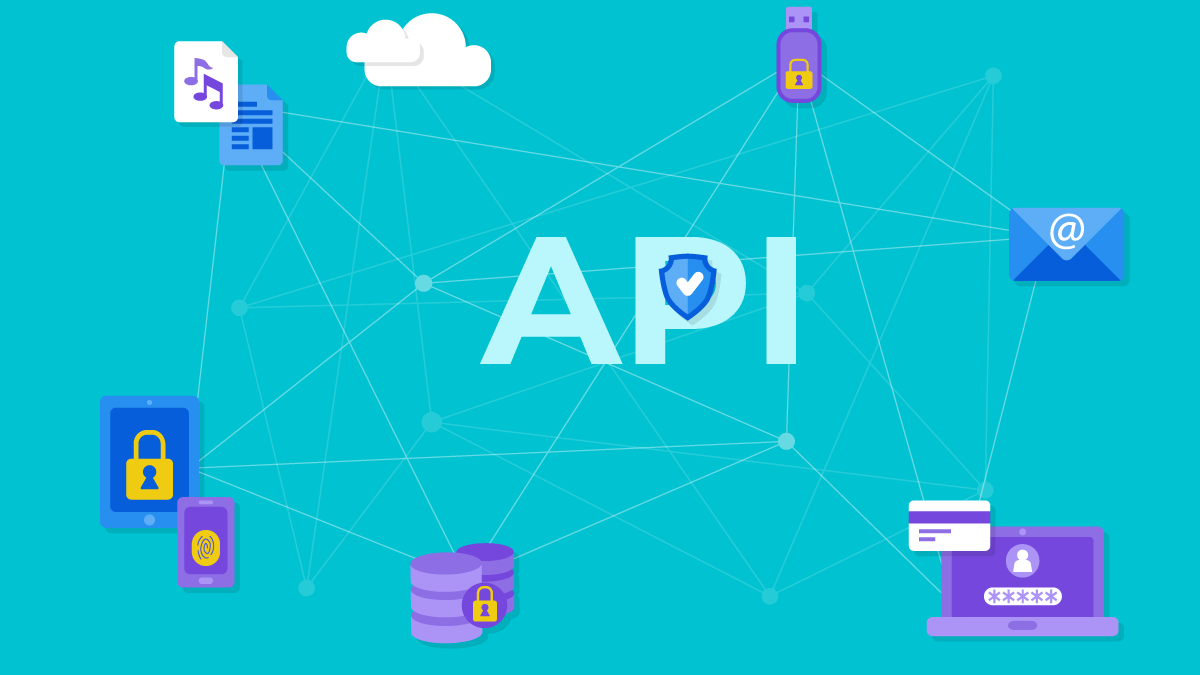API also referred to as an Application Programming Interface has been in existence for a long period. Due to its wide adoption and implementation in companies and organizations, it has become an easy attack vector for hackers. To be precise, any hacker can exploit the vulnerabilities present in APIs which can result in serious data breaches and unauthorized access to any company’s network.
It is important to remember that APIs connect and process your most intimate and sensitive data. You have to ensure that they must be secure in order to guard your organization’s valuable information as well as customer data. With API security testing, it can be ensured that the API is as safe as it can possibly be during the API lifecycle. So let’s take a glance at the importance of API security testing and its significance.
What is API Security?
There is no denying the fact that one of the most valuable assets of an organization is its data. Thus, it is imperative for an organization to recognize any incoming threats and take measures to secure the data from any type of risk. This is where API security testing comes to the fore. An application programming interface provides the simplest access point to hackers.
To protect your data from malicious actors, you should implement API security testing and make sure that the API is as safe as possible. If there is an error in the API, it would affect all the integrated applications which rely on that API. However, despite the awareness about security flaws in APIs, a lot of them are not tested.
This also implies that the API you are using may not be secure or exposed to attacks. Although API testing may sound simple, its implementation is quite hard. Here are some standard rules of API testing which an organization should follow.
- An API should facilitate expected output for a given input
- A null or empty input should be rejected
- The inputs should appear within a specific range
- If inputs are sized incorrectly, they mustn’t be accepted
Why API Security is important & why you need it?
A single vulnerability in your API or in your integrated application can open doors for the hackers to exploit it and completely disrupt your business. These days, a large amount of APIs is being used to access sensitive data. When these APIs are exploited by hackers, a sensitive data breach is imminent.
As a consumer brand, there are fewer chances of neglecting API security issues as this can have serious repercussions. This is the reason that your organization should instruct others to follow the best practices of API security testing. Quite interestingly, API security testing covers various aspects to thwart malicious attackers from exploiting the vulnerabilities.
From network security to system software security, a thorough API security testing would ensure that there are zero attacks and data breaches. Here are some other reasons which illustrate the significance of API security testing.
- Data leaks of customers
- Decline in number of users
- Bad online reputation
- Can also invite lawsuits if there’s sensitive information is involved
How to secure your REST API?
REST is an API designing style. It is the acronym for Representational State Transfer. In simple words, it lays down certain rules which the API designers follow while designing an API. But if you think that REST API is free from vulnerabilities, you are wrong. Here are some ways through which you can secure REST APIs.
Fuzz Testing
- Fuzz testing doesn’t need advanced tools or programs. It can be done with the help of command-line tools.
Command Injection
- Command injection can help determine the injection flaws in APIs. This type of security testing also sanitizes data and eliminates the occurrence of SQL injection attacks.
Test for Parameter Tampering
- With this test, you can ensure that the attacker cannot change the values present in the APIs. This security testing guards the APIs against such exploits.
What are the Best Practices for API Security?
As the world around us is becoming more interconnected, there is a dire need to secure the networks that connect us. APIs are an integral business strategy across all industries and it doesn’t appear to be slowing down anytime soon. Here are the best practices for API security:
- Implementing access tokens & validating it every time a user makes API requests.
- Always opt for SSL to encrypt the HTTP messages from APIs.
- Ensure that the input parameters are always sanitized.
- Limit the number of API requests while being sent to the API.
- Use a security solution to scan your APIs extensively.
So as you can see, it is imperative to follow the API security best practices as mentioned above. By following best practices, you would provide a great layer of security to the endpoint. In case there are severe disruptions, you should opt for professional help. Astra Security should be your automatic choice if you want to test and secure your API.
